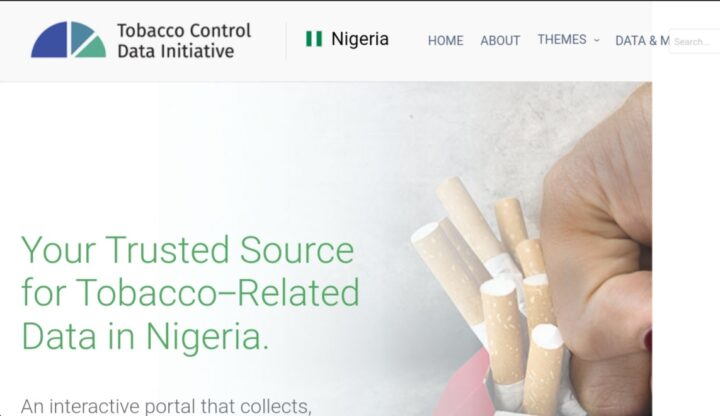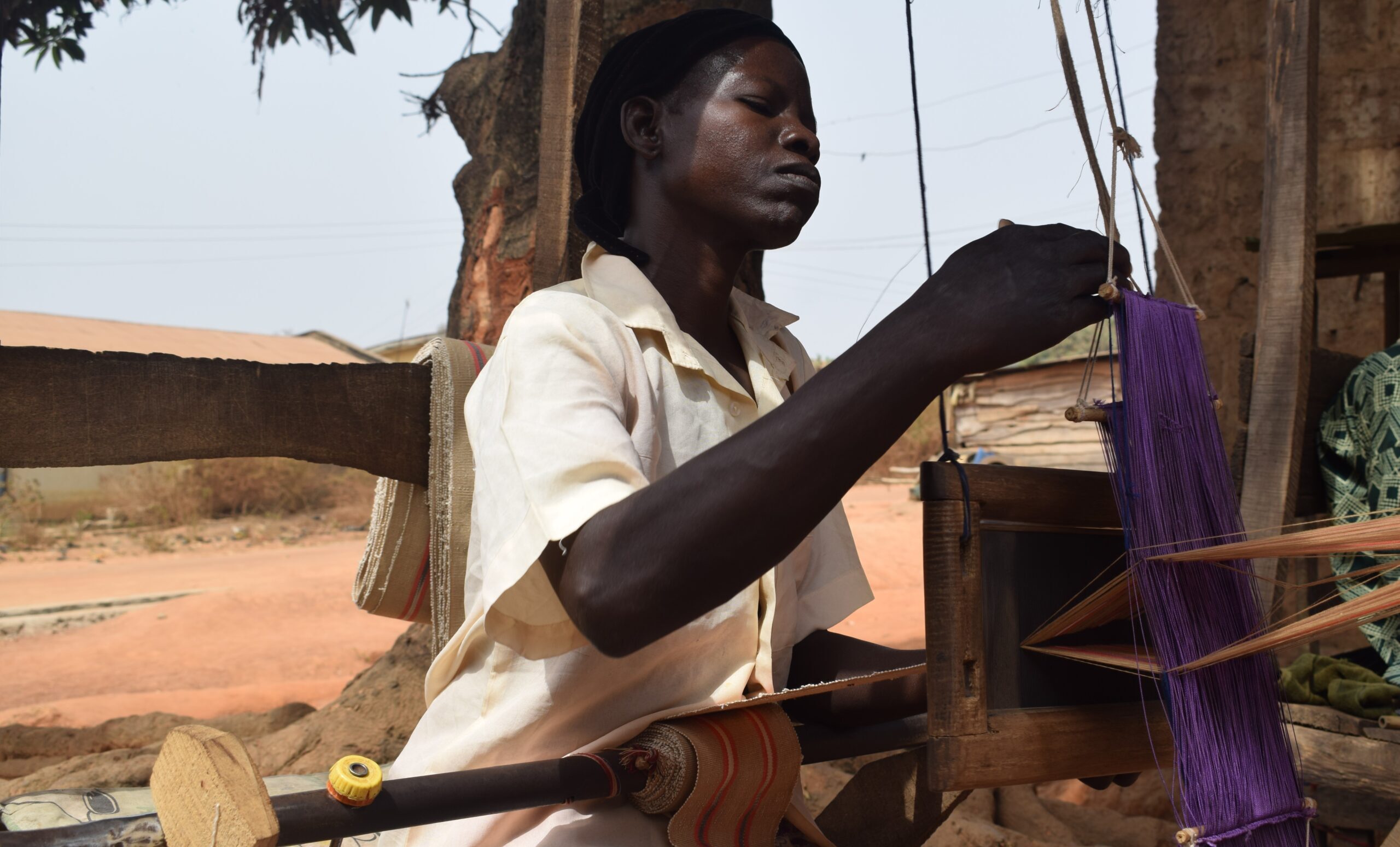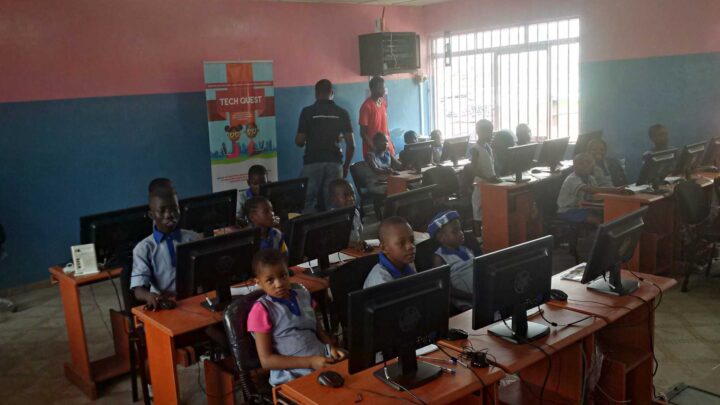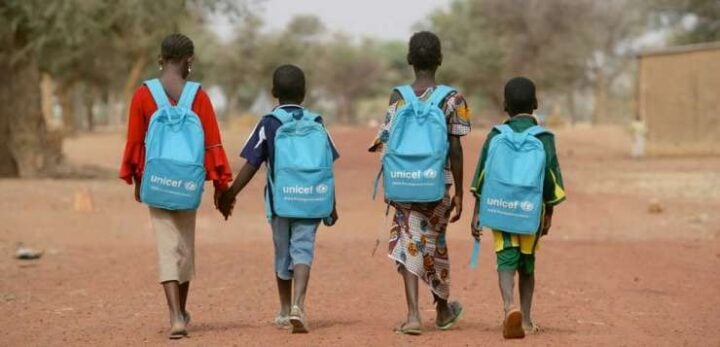When Bekeme Masade-Olowola, a sustainability expert and social entrepreneur, thought of producing the documentary — Earth Women — she wanted to tell a story that has long been ignored. Her documentary, which premiered in April 2022, shines a light on the plight of women living in areas impacted by extractive activities, including oil and gas exploration. She is the founder and chief executive of CSR-in-Action, an advocacy and consulting firm. In this interview with TheCable’s WASILAT AZEEZ, Masade-Olowola shares why she was determined to tell the story to the world and the impact she hopes the film will have on stakeholders capable of driving change.
TheCable: What are the challenges women living in extractive communities face?
Masade-Olowola: Due to cultural practices and poor economic status, women are often at a disadvantage in many communities. However, the harmful effects of extractive activities make these challenges worse and put women at risk of being blamed and discriminated against.
For instance, a man whose farmland has been destroyed due to oil pollution may start assaulting his wife. A man whose wife cannot conceive or has miscarriages due to the introduction of dangerous chemicals to the environment may tag her as being barren. In addition to this, many women are forced into prostitution to make ends meet. Some become victims of rape or assault.
Advertisement
Women living in the country’s mining areas are especially vulnerable to health issues and exploitation, in addition to violation of fundamental human rights. How can these problems be resolved?
Resolving the issues is a concerted effort, but the federal and state governments must take the lead by stimulating the conditions under which solutions can be easily attained.
Both the government and the extractive companies must compensate these women directly by not only giving them money but setting up programmes and initiatives to empower them with skills and educate them. Non-governmental organisations (NGOs) also have a huge role to play. The top of it all is that we need to highlight these problems so that critical stakeholders will listen and act.
Advertisement
TheCable: What are the issues you experienced while putting together the documentary?

Masade-Olowola: The major challenges faced were threefold — security, knowledge of the communities and willingness to talk. As we all know, the security situation in the Niger Delta is bad, but there has been a little improvement recently.
Nevertheless, we had to mobilise some sort of private security for the trip to the Niger Delta communities. More importantly, we liaised with respected people from these communities who briefed us ahead and helped us connect with the people. Another was shot in three different regions, which means footage from Jos and Badagry needed to be integrated with the one from River state. It ended up increasing our budget.
Advertisement
TheCable: Kindly shed more light on social justice and sustainability, which keep resounding in talks about the project.
Masade-Olowola: The aim of highlighting the issues faced by women in extractive communities is to reroute the government and its fellow influencers into taking a second look at policies and practices that have hampered the equitable distribution of wealth, opportunities, and privileges within these communities. This is the social justice advocacy of the project.
For an industry to remain relevant, it must consider all its stakeholders and ensure that its activities help all parties to achieve their goals. This also goes to show that the fight is not only tilted to the benefits of women alone but extractive industries in general. We sought to show them what the best way forward is.
TheCable: How can extractive sector laws and policies contribute to gender equality?
Advertisement
Masade-Olowola: Extractive sector policies and laws help with equitable access to society’s resources which include socially valued goods, rewards and opportunities, equal participation in influencing what is valued, shaping development directions, and distributing opportunities.
To bring about positive change in the extractive industries, the government must work with stakeholders across the board to chart pathways to fair, effective and sustainable policies. In this context, the Petroleum Industry Act (PIA) is seen as a good development. The PIA defines “the legal, governance, a regulatory and fiscal framework for the Nigerian Petroleum Industry and also the development of host communities”. If properly implemented, the PIA could make Nigeria competitive relative to other oil and gas producing countries and increase opportunities within the industries.
Advertisement
TheCable: Can extractive industries promote sustainable development? Kindly explain your answer.
Masade-Olowola: The extractive industry has a lot of potential for mobilising financial, physical, technological, and people resources to help the sustainable development goals get closer to reality. A more inclusive approach to extractive activities brings the industry closer to gender equality and poverty reduction. Without being effectively harnessed, the extractive industries have a tremendous economic impact. One can only imagine what a well-managed industry can accomplish to help communities and economies become more sustainable.
Advertisement
TheCable: Do extractive industries need more women?
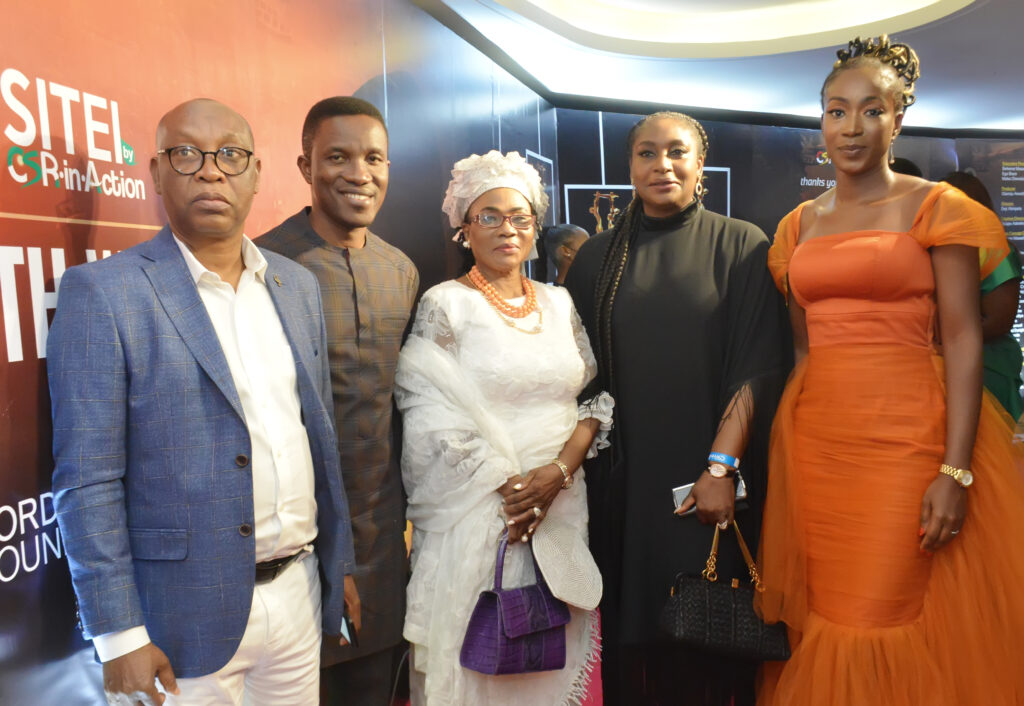
Advertisement
Masade-Olowola: The International Finance Corporation (IFC) report on Investing in Women’s Employment: Good for Business, Good for Development, said: “Women are an untapped source of talent and productivity: when the potential of almost half the workforce is not fully realised, this has considerable implications for efficiency and growth at the enterprise, sectoral and national level”.
Tian Wei, a broadcaster, said, “Any society that fails to harness the energy and creativity of its women is at a huge disadvantage in the modern world”.
She is right because women make up a sizeable portion of the world’s population. According to the UN, empowering women in the economy and closing gender gaps in the world of work are key to achieving the 2030 Agenda for Sustainable Development.
TheCable: What do you believe demotivates women from pursuing a career in extractive industries?
Masade-Olowola: The major demoralising factor for women is the fact that the industry is highly masculinised — with only 6.8 per cent representation — according to the Nigeria Extractive Industries Transparency Initiatives (NEITI). Certain policies preventing women from holding certain positions, such as poor human resource practices that put women at a disadvantage in maternity are still prevalent in some organisations. Also, there seems to be fewer economic benefits and incentive for women within the industry. Meanwhile, they are the most affected by the social and environmental impacts of extraction.
TheCable: How does supporting women in the extractive industries benefit the sector?
Masade-Olowola: Apart from empowering women, a gender-balanced and inclusive approach within the extractive industries lead to better economies overall. Extractive enterprises with women in senior positions, according to the World Bank, make 5-20 per cent more profit and have better corporate governance and transparency.
Supporting women in the extractive sector will result in better and more long-term economic, social, and environmental outcomes, bringing us closer to achieving the sustainable development goals (SDGs).
TheCable: What initiatives are your organisation planning to support women living in areas affected by mining activities in Nigeria?
Masade-Olowola: CSR-in-Action and its partners are working to develop a $500,000 technological platform to create access to local and international markets for female (and male) miners in West Africa; whilst also providing access to health, safety and environment (HSE) equipment which we noticed was a problem for the active women workers.
Add a comment

